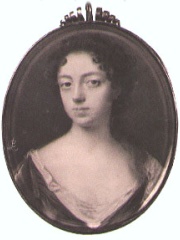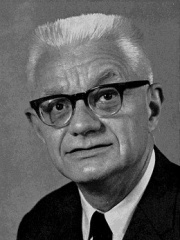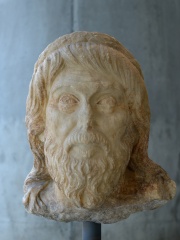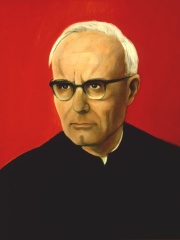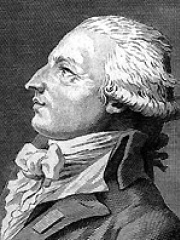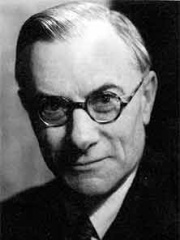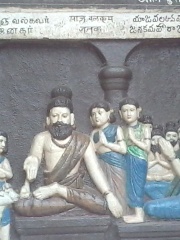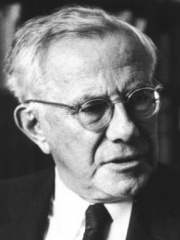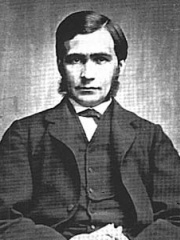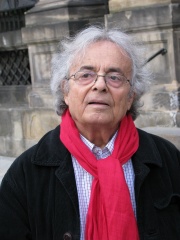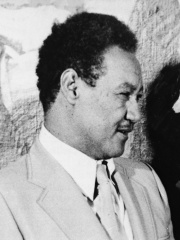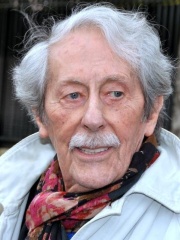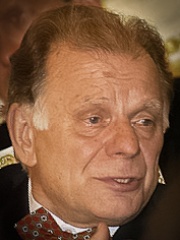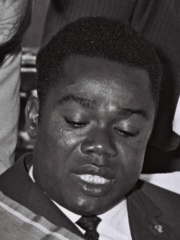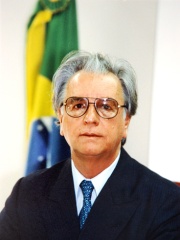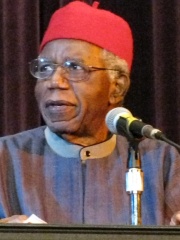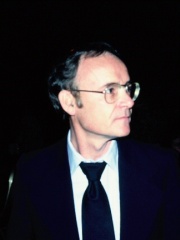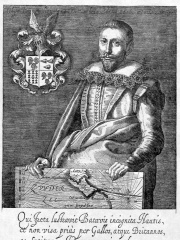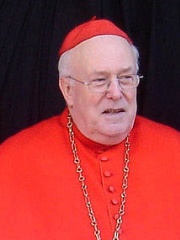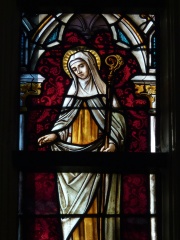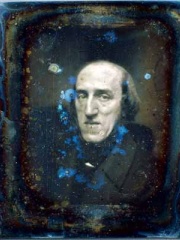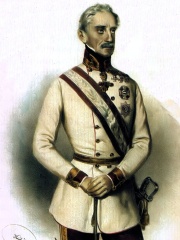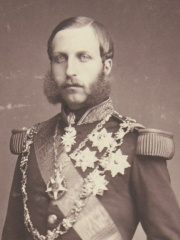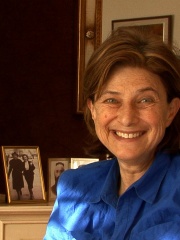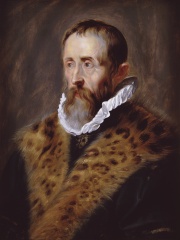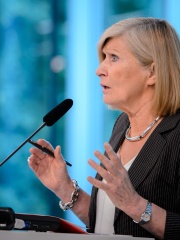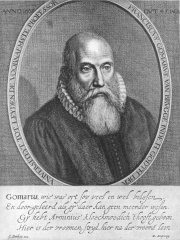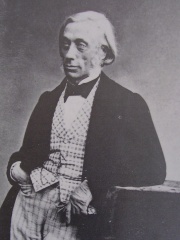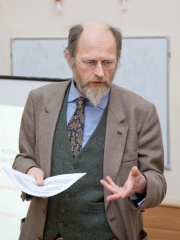Filosoof
Luce Irigaray
1930 - heden
NL.WIKIPEDIA PAGE VIEWS (PV)

 Luce Irigaray
Luce Irigaray
Haar biografie is beschikbaar in 43 verschillende talen op Wikipedia (toegenomen van 38 in 2024). Luce Irigaray staat op plaats 404 onder de meest populaire filosoof (gestegen van plaats 450 in 2024), plaats 134 onder de meest populaire biografieën uit België (gestegen van plaats 145 in 2019) en op plaats 3 onder de populairste filosoof uit België.
Memorability Metrics
Page views of Luce Irigaray by language
Among Filosoofs
Among filosoofs, Luce Irigaray ranks 404 out of 1,267. Before her are Anne Conway, Carl Gustav Hempel, Siger of Brabant, Plutarch of Athens, Karl Rahner, and Antoine Destutt de Tracy. After her are E. H. Carr, Yajnavalkya, Paul Tillich, Thomas Hill Green, Mulla Sadra, and Marcus Cornelius Fronto.
Most Popular Filosoofs in Wikipedia
Go to all RankingsAnne Conway
1631 - 1679
HPI: 68.32
Rank: 398
Carl Gustav Hempel
1905 - 1997
HPI: 68.26
Rank: 399
Siger of Brabant
1240 - 1284
HPI: 68.25
Rank: 400
Plutarch of Athens
350 - 431
HPI: 68.19
Rank: 401
Karl Rahner
1904 - 1984
HPI: 68.19
Rank: 402
Antoine Destutt de Tracy
1754 - 1836
HPI: 68.14
Rank: 403
Luce Irigaray
1930 - Present
HPI: 68.14
Rank: 404
E. H. Carr
1892 - 1982
HPI: 68.14
Rank: 405
Yajnavalkya
50 - 700 BC
HPI: 68.10
Rank: 406
Paul Tillich
1886 - 1965
HPI: 68.08
Rank: 407
Thomas Hill Green
1836 - 1882
HPI: 68.05
Rank: 408
Mulla Sadra
1571 - 1636
HPI: 68.03
Rank: 409
Marcus Cornelius Fronto
100 - 160
HPI: 68.00
Rank: 410
Contemporaries
Among people born in 1930, Luce Irigaray ranks 79. Before her are Adunis, Moustapha Akkad, Stanley Miller, Gaafar Nimeiry, Sonia Rykiel, and Jean Rochefort. After her are Zhores Alferov, David Dacko, Carlos Hugo, Duke of Parma, Itamar Franco, Chinua Achebe, and Buck Henry.
Others Born in 1930
Go to all RankingsAdunis
WRITER
1930 - Present
HPI: 68.71
Rank: 73
Moustapha Akkad
FILM DIRECTOR
1930 - 2005
HPI: 68.55
Rank: 74
Stanley Miller
CHEMIST
1930 - 2007
HPI: 68.47
Rank: 75
Gaafar Nimeiry
POLITICIAN
1930 - 2009
HPI: 68.38
Rank: 76
Sonia Rykiel
WRITER
1930 - 2016
HPI: 68.36
Rank: 77
Jean Rochefort
ACTOR
1930 - 2017
HPI: 68.19
Rank: 78
Luce Irigaray
PHILOSOPHER
1930 - Present
HPI: 68.14
Rank: 79
Zhores Alferov
PHYSICIST
1930 - 2019
HPI: 67.85
Rank: 80
David Dacko
POLITICIAN
1930 - 2003
HPI: 67.73
Rank: 81
Carlos Hugo, Duke of Parma
POLITICIAN
1930 - 2010
HPI: 67.53
Rank: 82
Itamar Franco
POLITICIAN
1930 - 2011
HPI: 67.43
Rank: 83
Chinua Achebe
WRITER
1930 - 2013
HPI: 67.37
Rank: 84
Buck Henry
ACTOR
1930 - 2020
HPI: 67.32
Rank: 85
In België
Among people born in België, Luce Irigaray ranks 134 out of NaN. Before her are Jacob Le Maire (1585), Godfried Danneels (1933), Gertrude of Nivelles (626), Godfrey I, Count of Louvain (1060), Siger of Brabant (1240), and Joseph Plateau (1801). After her are Alfred I, Prince of Windisch-Grätz (1787), Kevin De Bruyne (1991), Prince Philippe, Count of Flanders (1837), Ambiorix (-100), Bavo of Ghent (589), and Chantal Akerman (1950).
Others born in België
Go to all RankingsJacob Le Maire
POLITICIAN
1585 - 1616
HPI: 68.39
Rank: 128
Godfried Danneels
RELIGIOUS FIGURE
1933 - 2019
HPI: 68.39
Rank: 129
Gertrude of Nivelles
RELIGIOUS FIGURE
626 - 659
HPI: 68.36
Rank: 130
Godfrey I, Count of Louvain
NOBLEMAN
1060 - 1139
HPI: 68.28
Rank: 131
Siger of Brabant
PHILOSOPHER
1240 - 1284
HPI: 68.25
Rank: 132
Joseph Plateau
PHYSICIST
1801 - 1883
HPI: 68.19
Rank: 133
Luce Irigaray
PHILOSOPHER
1930 - Present
HPI: 68.14
Rank: 134
Alfred I, Prince of Windisch-Grätz
MILITARY PERSONNEL
1787 - 1862
HPI: 68.09
Rank: 135
Kevin De Bruyne
SOCCER PLAYER
1991 - Present
HPI: 68.07
Rank: 136
Prince Philippe, Count of Flanders
NOBLEMAN
1837 - 1905
HPI: 67.97
Rank: 137
Ambiorix
POLITICIAN
100 BC - 53 BC
HPI: 67.96
Rank: 138
Bavo of Ghent
RELIGIOUS FIGURE
589 - 654
HPI: 67.91
Rank: 139
Chantal Akerman
FILM DIRECTOR
1950 - 2015
HPI: 67.78
Rank: 140
Among Filosoofs In België
Among filosoofs born in België, Luce Irigaray ranks 3. Before her are Justus Lipsius (1547), and Siger of Brabant (1240). After her are Chantal Mouffe (1943), Arnold Geulincx (1624), Henry of Ghent (1217), Franciscus Gomarus (1563), Félix Ravaisson-Mollien (1813), Paul de Man (1919), Alice von Hildebrand (1923), and Michel Weber (1963).
Justus Lipsius
1547 - 1606
HPI: 69.44
Rank: 1
Siger of Brabant
1240 - 1284
HPI: 68.25
Rank: 2
Luce Irigaray
1930 - Present
HPI: 68.14
Rank: 3
Chantal Mouffe
1943 - Present
HPI: 67.40
Rank: 4
Arnold Geulincx
1624 - 1669
HPI: 62.94
Rank: 5
Henry of Ghent
1217 - 1293
HPI: 61.97
Rank: 6
Franciscus Gomarus
1563 - 1641
HPI: 61.31
Rank: 7
Félix Ravaisson-Mollien
1813 - 1900
HPI: 61.25
Rank: 8
Paul de Man
1919 - 1983
HPI: 60.52
Rank: 9
Alice von Hildebrand
1923 - 2022
HPI: 52.85
Rank: 10
Michel Weber
1963 - Present
HPI: 49.69
Rank: 11
